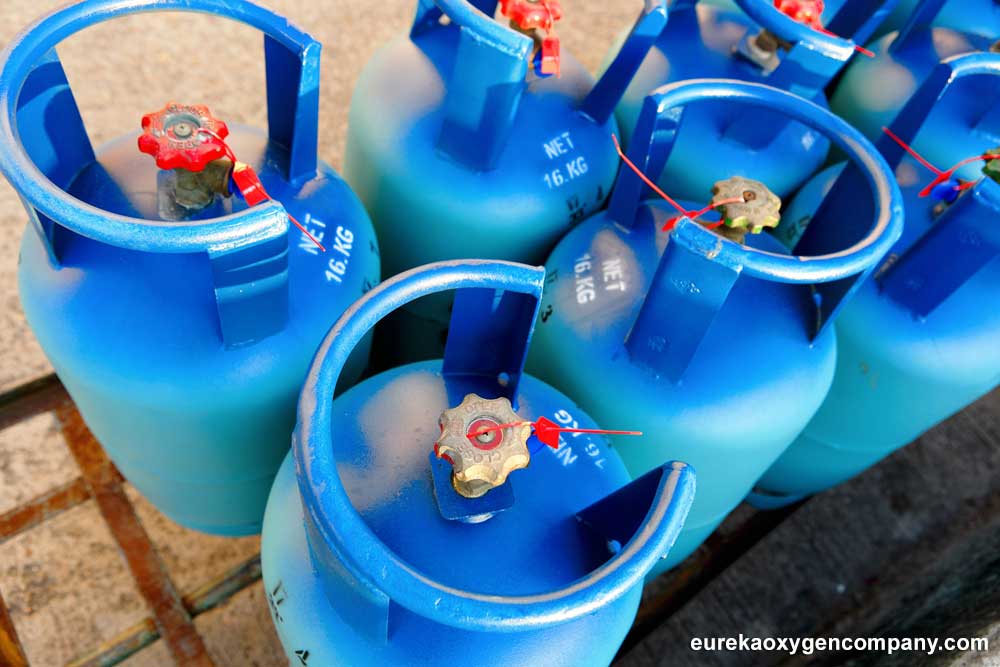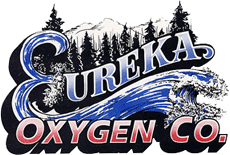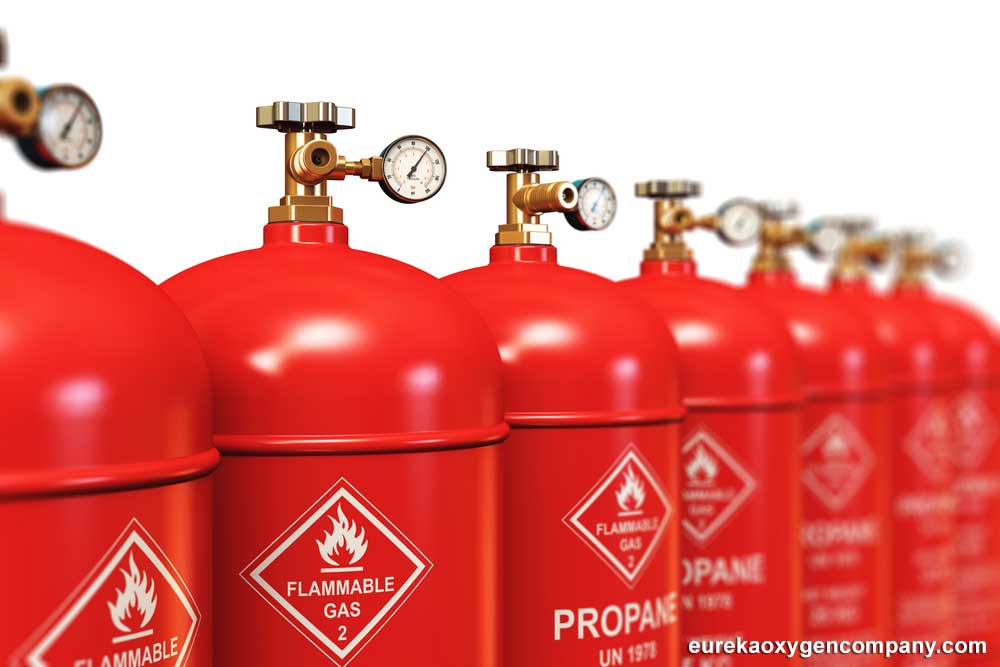What is propane?
Propane is a gas that is made from natural gas or crude oil refinement. Also called liquified petroleum gas (LPG), it is typically used in everyday settings as fuel for vehicles, machinery, home appliances, heaters, generators and so on.
The three-carbon alkane (C3H8) is typically compressed and stored as a liquid. At normal temperature and pressure, it is a gas but compressed to liquid form for transportability.
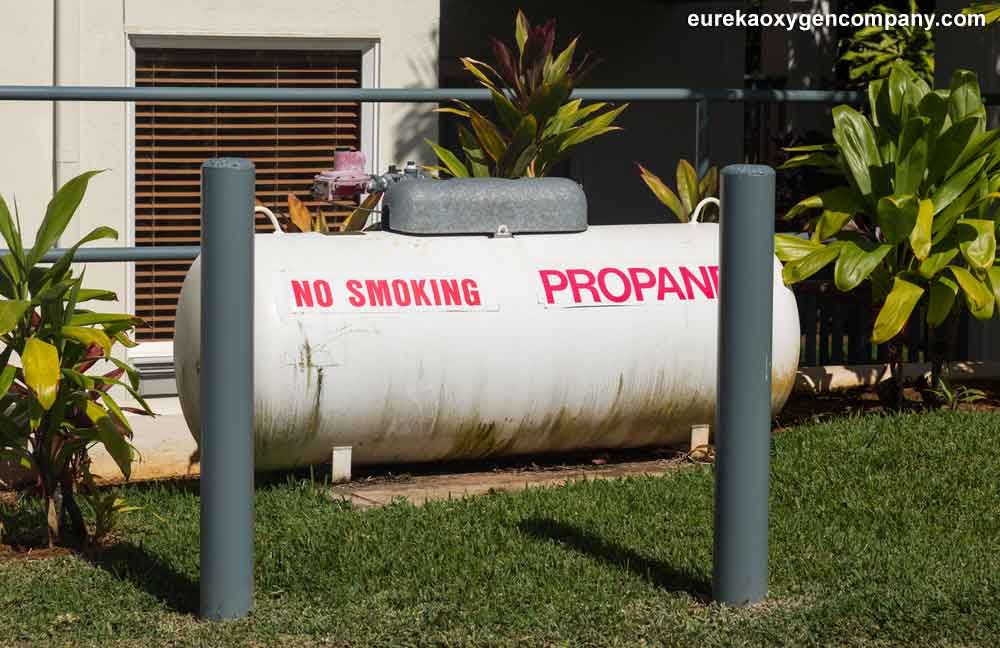
How is propane derived?
Propane or LPG is mainly derived from the processing of natural gas. It was first discovered in 1857 by Marcellin Berthelot, a French chemist. However, it was not until the early 1990s that it was introduced to the market. It was in 1912 that a patent was issued for producing LP gas through compression.
In the past, propane was also being extracted from the refinement of crude oil. However, since the increase of shale gas extraction that industry has declined. By 2011, most of the propane supplied in the United States was derived from natural gas from the U.S and Canada.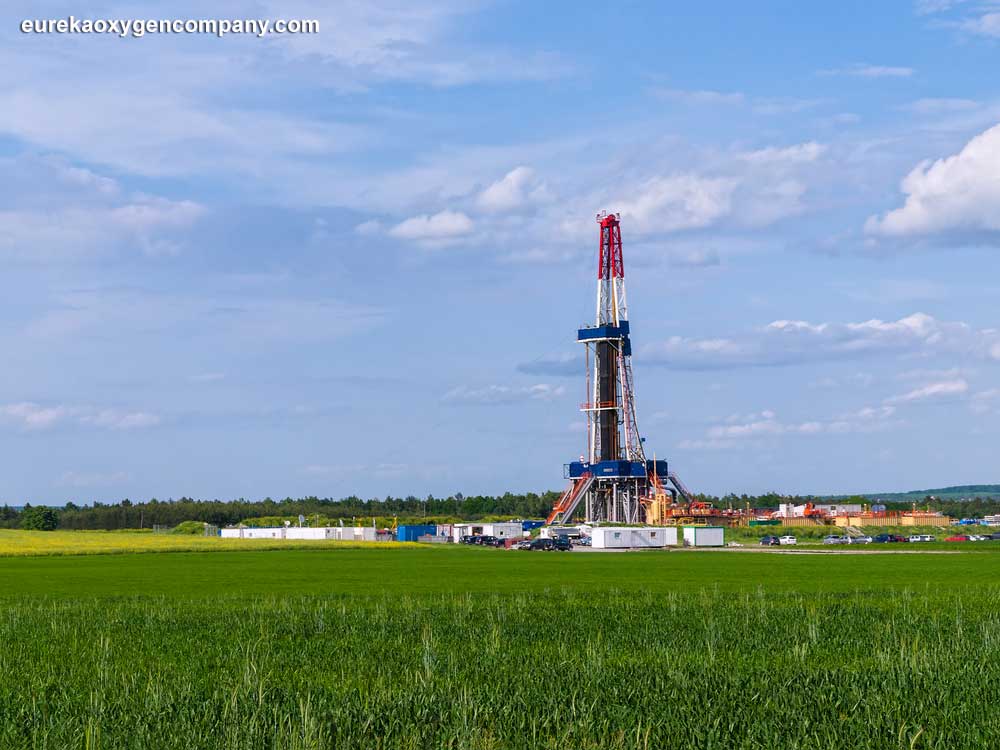
How is propane used?
Propane is non-toxic, colorless, and almost completely odorless. Since it is naturally odorless, a mild odor is added during processing to allow detection. Its fuel is widely used in the home to facilitate water heating as well as space heating. You will also realize that if you use a gas cylinder for your stove, it’s more than likely LPG.
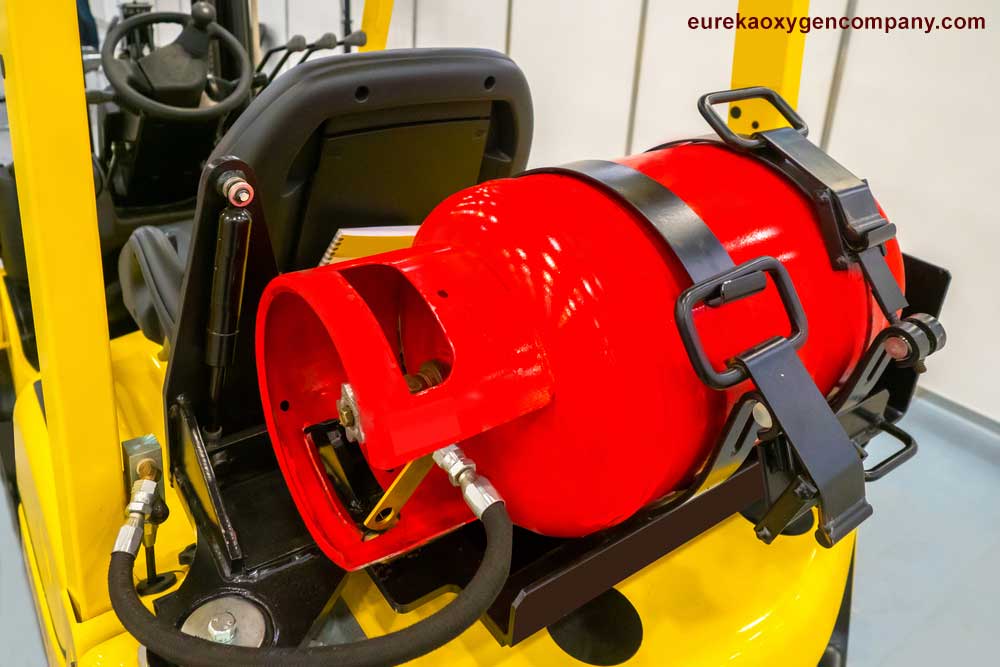
Storing Propane
Propane is usually compressed and stored in cylinders. It is best to store these cylinders in a cool place outdoors rather than in an enclosed space, not even your work or storage space. So, never store them in your tool shed, garage, or worse your basement.
During the summer, when the temperatures can get really high, ensure that your propane cylinder is not directly exposed to the sun. Your propane cylinder can only withstand heat below 120 degrees Fahrenheit or 48 degrees Celsius.